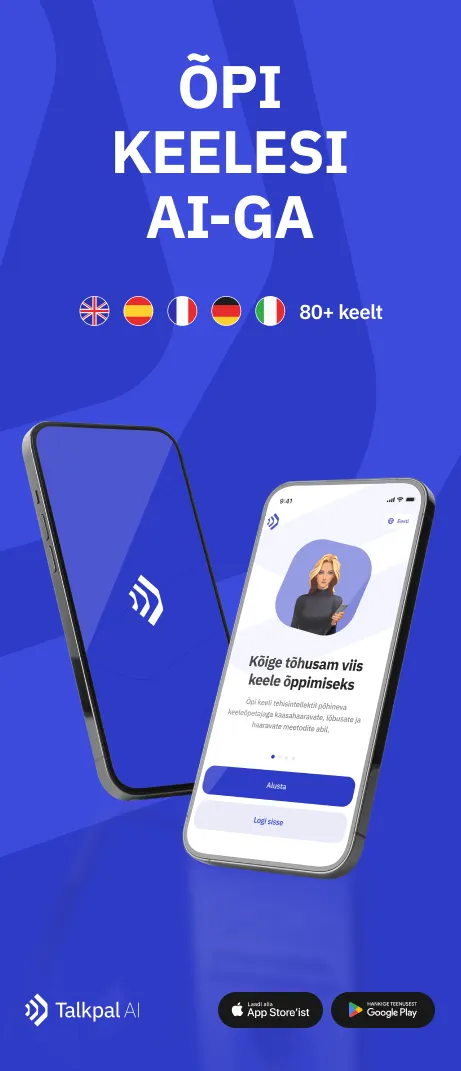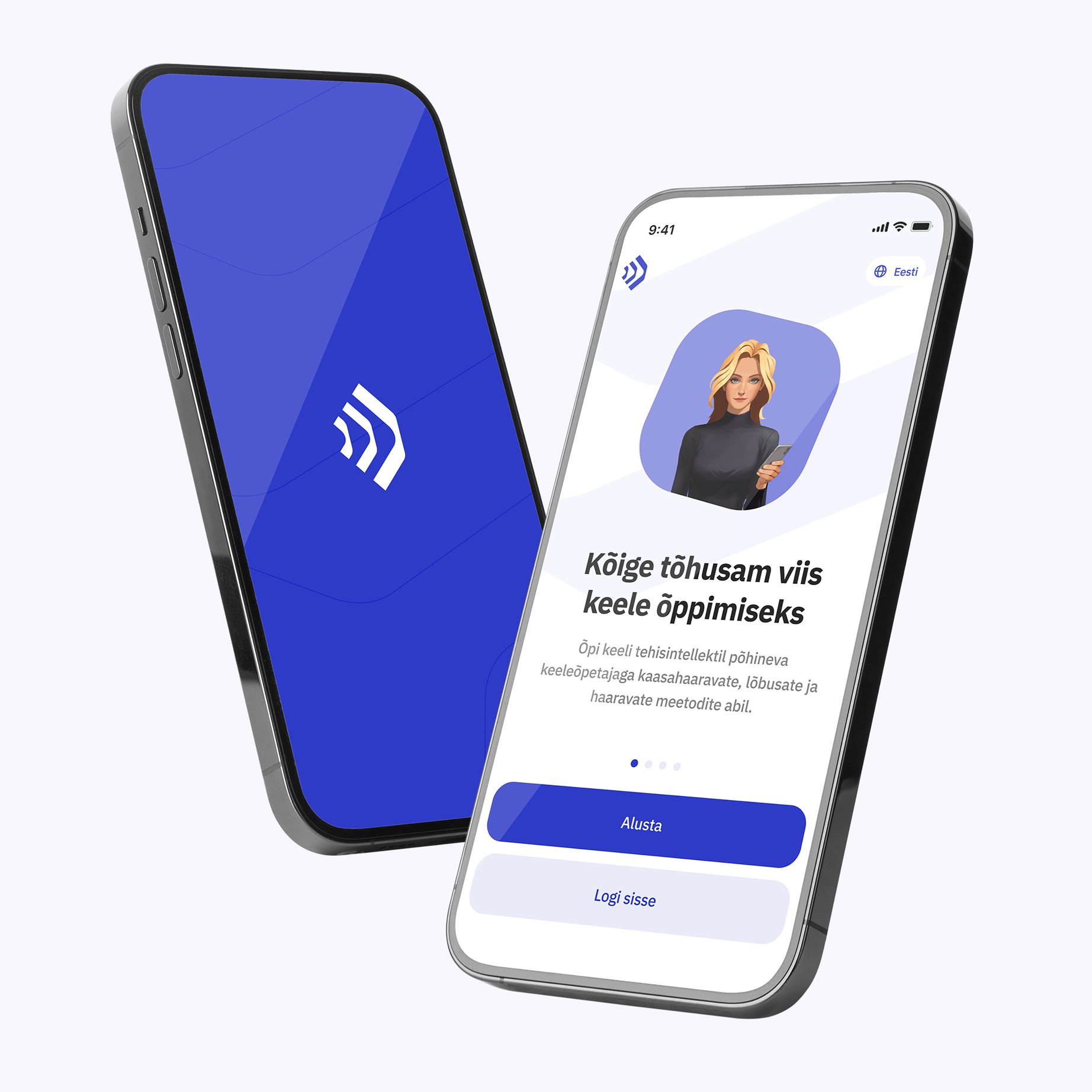Tingimuslike sidesõnade kasutamine: If- laused (Type 1)
2. If she *studies* hard, she will pass the exam. (Tingimus, mis sõltub pingutusest)
3. You will get wet if you *don’t take* an umbrella. (Negatiivne tingimus tulevikus)
4. If they *arrive* early, we can start the meeting on time. (Võimalik tingimus tulevikus)
5. I will call you if I *finish* work early. (Tingimus töö lõpetamise kohta)
6. If he *is* late, we will begin without him. (Tingimus kellegi hilinemise kohta)
7. They *will miss* the bus if they don’t leave now. (Tingimus, mis mõjutab bussile jõudmist)
8. If you *eat* too much, you will feel sick. (Tingimus toitumise kohta)
9. We will go to the park if it *is* sunny. (Tingimus ilma kohta)
10. If she *calls*, please tell her I am busy. (Tingimus kõne saamise kohta)
Tingimuslike sidesõnade kasutamine: If- laused (Type 2)
2. If he *had* more time, he would help us. (Võimalus, mis ei ole praegu tõenäoline)
3. She would buy a car if she *had* enough money. (Võimalik tingimus, mida praegu ei ole)
4. If we *lived* closer, we would visit more often. (Võimalik tingimus elukoha kohta)
5. If you *were* taller, you could play basketball. (Võimalik tingimus keha omaduste kohta)
6. They would come to the party if they *were* invited. (Tingimus kutse saamise kohta)
7. If I *knew* his phone number, I would call him. (Võimalus, mis sõltub info teadmisest)
8. If she *spoke* English better, she would get the job. (Tingimus keeleoskuse kohta)
9. We would go hiking if the weather *were* nicer. (Tingimus ilma kohta)
10. If he *didn’t smoke*, he would be healthier. (Negatiivne tingimus harjumuse kohta)










